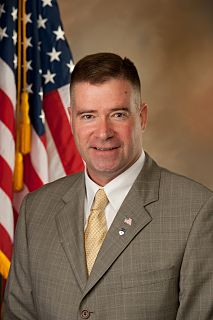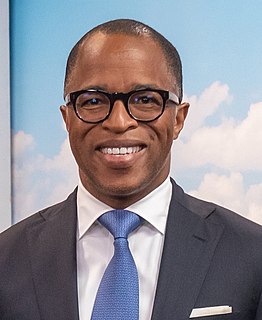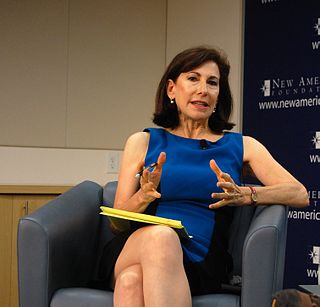A Quote by Bill Moyers
Why is the country not having this conversation, the kind of conversation that requires the politicians who are responsible for the war to be specific to the concerns of the American people.
Related Quotes
The conversation that the Senate and the House are having with the President [Barack Obama] was very similar to the conversation that [John] McCain and I were having, which was two people talking over each other and nobody really addressing the underlying issues of what kind of country do we want to be.
I think that we need to have an honest conversation in this country. This idea that somehow we're beyond sexism, beyond racism is just wrong. And this is where having an honest conversation with white men about their issues and their concerns, and having honest conversations about the experiences that African-Americans are still having, despite who's the president of the United States, in the criminal justice system that we see in sentencing, we see in policing and a lot of these issues.
Giving people like me a green card, a passport, and a driver's license? That's not going to be the end of the immigration conversation and debate in this country. It's like saying we elected Barack Obama president, so all of the racial problems are done. Right? I mean in some ways, the immigration conversation is just starting. Which is why when we started this campaign, we didn't call it Define Immigrant, we called it Define American. That's the question. That's what's at stake.
All too often, the conversation about appropriate and balanced environmental stewardship gets caught up in partisan politics. Yet, this conversation is key to the preservation of our great country for generations to come, as important as ensuring we have fiscally responsible policies to secure our future.
This conversation with the audience has been going on since, what, '72, '73... Sometimes it's like a conversation after dinner with friends. You're in a restaurant, and you got there at 8 o'clock. Suddenly, you realize it's midnight. Where did the time go? You're enjoying the conversation. It's sort of a natural, organic conversation.
What I think we need to do to engage the American people in a conversation about entitlement reform is to have a bipartisan group of people who come together and put every solution on the table, every alternative on the table. And then we ought to engage in a long conversation with the American people so they understand the choices.
It concerns me when people frame the conversation about equal pay about the entertainment business. I don't want the wage gap issue to be viewed as this myopic problem, because it's not. It's in 98 percent of all businesses, and it's easy for people to dismiss this conversation when they think it's around white women entertainers. But this is about all women in America.
































